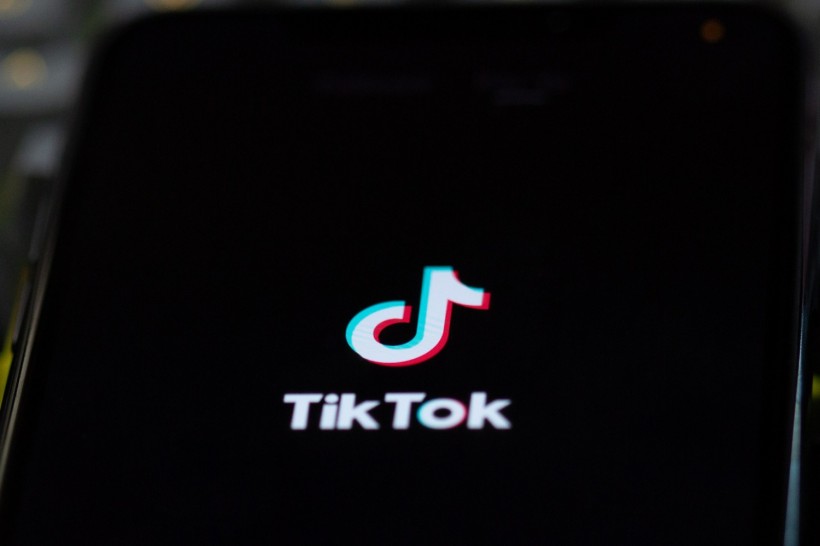The rise of social media has also resulted in the rise of influencers online that have somewhat become celebrities. Many people have also turned to social media for general knowledge that may cause more harm than help. For example, the diabetes medication Ozempic has been hashtagged on TikTok over 200 million times as an effective weight loss drug.
Young women share videos of them taking their dose of the drug as they pull injection pens from their pockets and push the needle into their stomachs. But its feverish popularity on TikTok has driven the demand so great that there have been global shortages. More so, it has caught the attention of experts due to its harmful health side effects and illegal procurement in some countries.

Ozempic Health Risks: TikTok Hashtag Turned the Diabetes Drug Into a Diet Pill, Causing Shortage
#Ozempic: What the TikTok Trend Is All About
Ozempic has become a sign of a must-have product on TikTok as the latest weight loss product even though it was originally intended for diabetes patients. According to Yahoo! Ozempic is a semaglutide that works by mimicking a hormone that controls appetite by signaling the brain the feeling of fullness.
In the TikTok trend #ozempic, people have shown how they use the drug as a weight loss product. They administer it weekly via an injection and some have claimed that they experience a 6% to 15% reduction in body weight after one year.
The trend has increased the sales of the drug that in 2020 alone, Novo Nordisk earned $3.4 billion with analysts predicting it could double in 2023 when the 2.4mg version approved for NHS use will reach the UK early next year.
Users have also shared how their appetites have dwindled and resulting in the falling number on the scales. This is not the first quick waistline fix as there have been many in the past and perhaps will be around forever.
But this TikTok trend is expanding its reach further and faster and an investigation by The Pharmaceutical Journal earlier this year found that TikTok is the worst culprit for medical misinformation online.
READ ALSO: Experts Warn Against Viral TikTok Trend 'Vabbing', Act Could Cause Infection and Even Infertility
Ozempic Use
According to Drugs.com, Ozempic is similar to a hormone in the body that help regulate blood sugar and insulin levels, as well as digestion. It is a pre-filled, disposable, single-patient-use injection pen that is used together with proper diet and exercise to improve blood sugar in people with type 2 diabetes mellitus.
The drug is usually prescribed to diabetic patients who have tried other medications but failed. Also, it is used to reduce the risk of heart attack, stroke, and death in people with type 2 diabetes mellitus with known cardiovascular disease. But only people 18 years old and above are allowed to take it.
Side Effects of Improper Use of Ozempic
GP Simon Gordon told The Independent that Ozempic works well for obese patients. But he also pointed out that there is a reason for caution when it comes to declaring the drug a weight loss panacea. In the past six decades, authorities have approved at least 25 weight loss drugs and then ban them once their side effects appeared.
The diabetes medication is intended to be used alongside a healthy diet and exercise and is not meant to be taken solo. Doing so, or stop taking them, could reverse its so-called benefits.
Medically suppressing appetite could not fix the global obesity crisis and there is also the matter of what happens after taking the drug. A 2021 study on gastrointestinal (GI) adverse events (AEs) caused by the 2.4mg dose of semaglutide showed that common side effects include frequent nausea, diarrhea, vomiting, and constipation.
Also, the April paper in Diabetes, Obesity and Metabolism found that the same dose could lead to regaining two-thirds of the weight the person lost in the first year of stopping the medication, which is just another example of the perils of quick-fix weight loss.
RELATED ARTICLE: Not A Life Hack: Here Are 5 TikTok Health Trends That Will Do More Harm Than Good
Check out more news and information on Medicine and Health in Science Times.
* This is a contributed article and this content does not necessarily represent the views of sciencetimes.com














